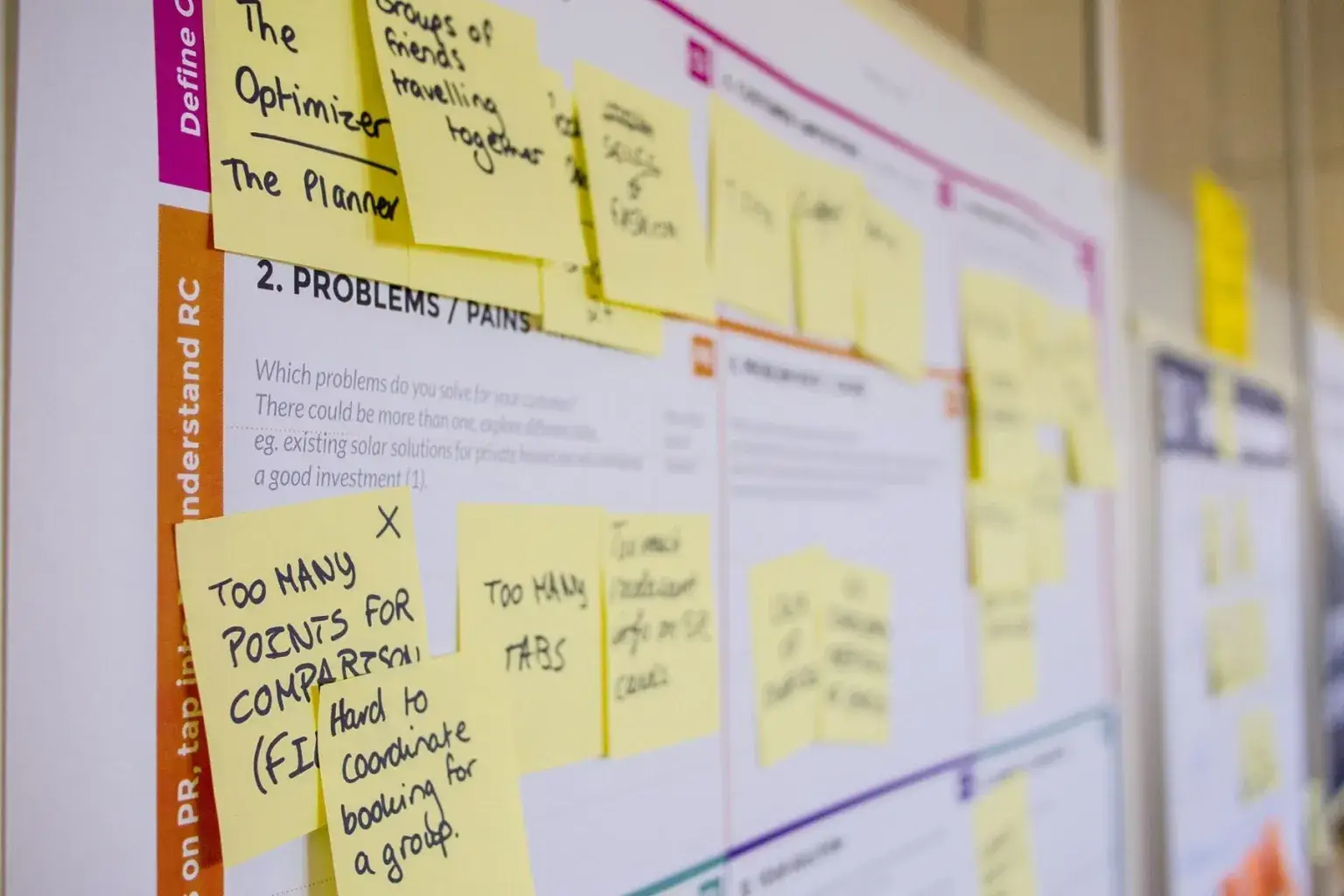I’ll go out on a limb today. We rarely discuss narcissism in the workplace in the open. But it’s a key factor that affects ordinary day-to-day interactions, critical key meetings and decisions, and the ability of businesses to thrive and innovate. It’s a frequent cause of gaps between strategic intent and execution. It’s a common stumbling block in our efforts to plan and manage change. How do we manage the impacts of this human trait that we’d rather not talk in ways that are constructive and lead to a greater organizational good?
A newly-released study gives us some potentially simplifying insights into how to identify narcissism.
“People who are willing to admit they are more narcissistic than others probably actually are more narcissistic,” said Brad Bushman, co-author of the study and a professor of communication and psychology at The Ohio State University.
“People who are narcissists are almost proud of the fact. You can ask them directly because they don’t see narcissism as a negative quality — they believe they are superior to other people and are fine with saying that publicly.”
Source: Jeff Grabmeier, Science Daily, “Just one simple question can identify narcissistic people” (August 5, 2014)




